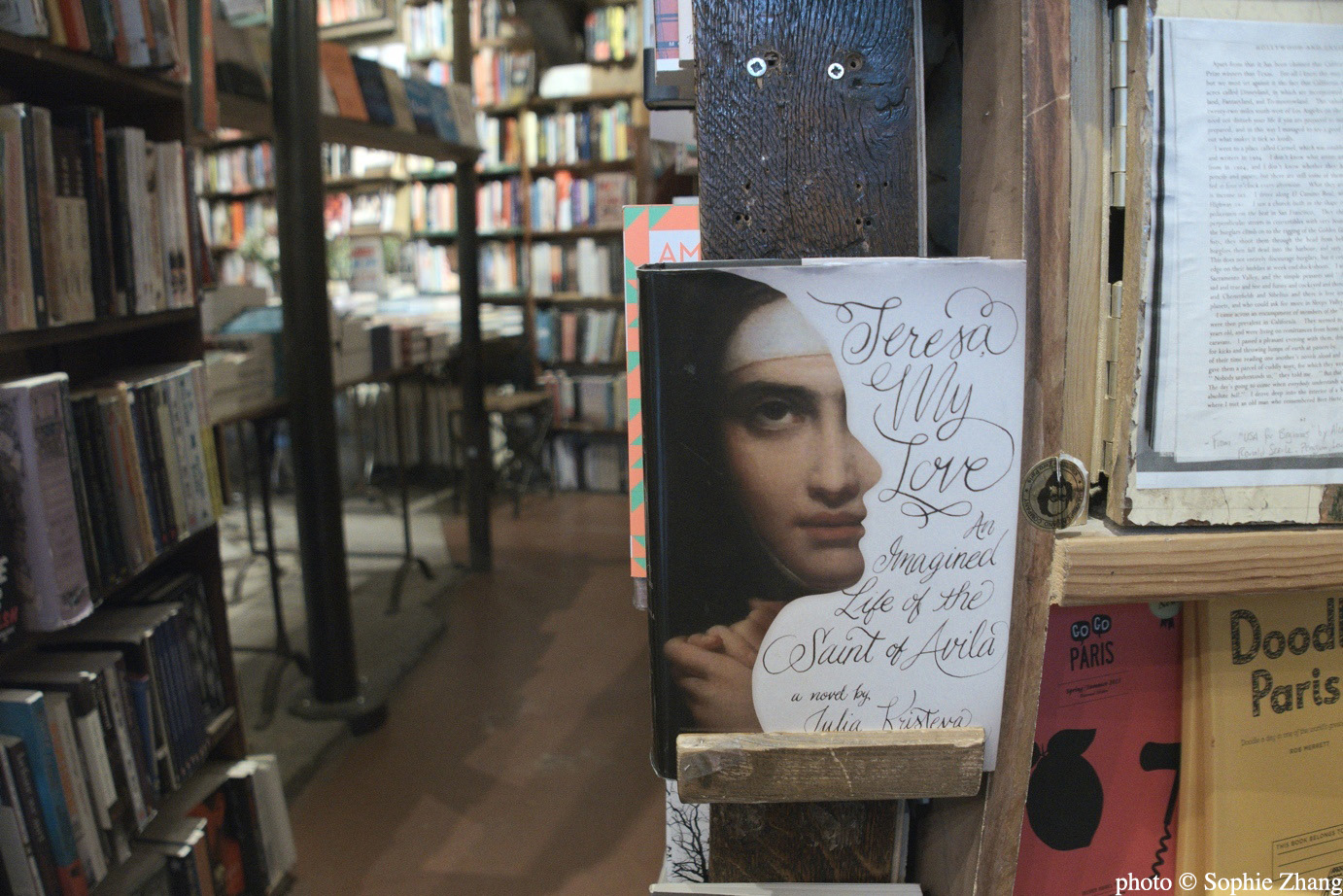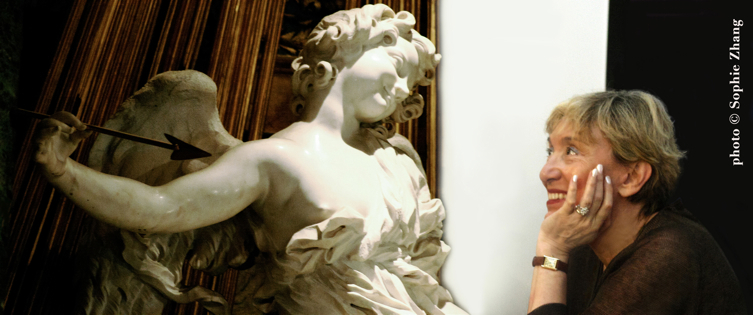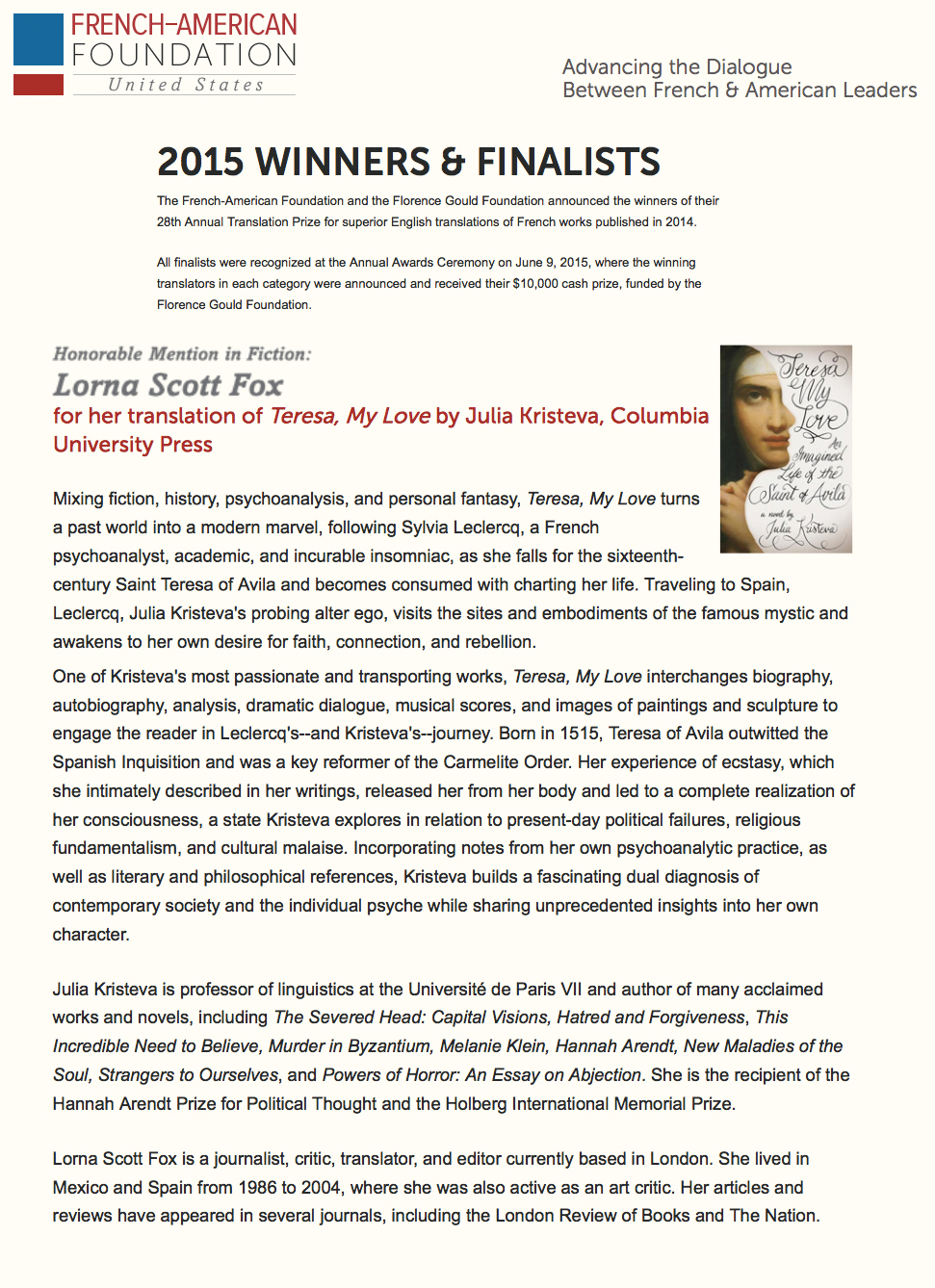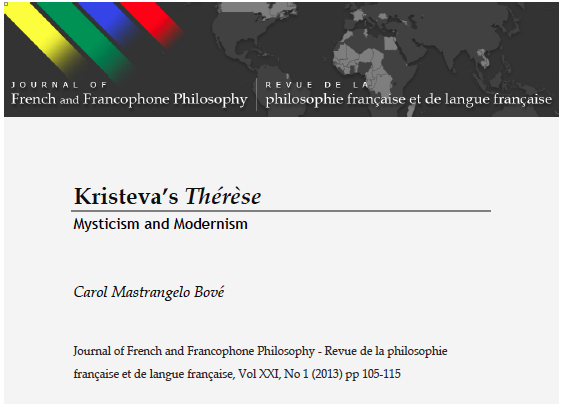Le grand livre de Julia Kristeva sur Thérèse d'Avila, Thérèse mon amour (Fayard 2008) vient de paraître en anglais chez Columbia University Press
|
||
|
Translated by Lorna Scott-Fox Columbia University Press, New York, 2014 |
|
Mixing fiction, history, psychoanalysis, and personal fantasy, Teresa, My Love follows Sylvia Leclercq, a French psychoanalyst, academic, and incurable insomniac, as she falls for the sixteenth-century Saint Teresa of Avila and becomes consumed with charting her life. Traveling to Spain, Leclercq, Kristeva's probing alterego, visits the sites and embodiments of the famous mystic and awakens to her own desire for faith, connection, and rebellion. One of Kristeva's most passionate and transporting works, Teresa, My Love interchanges biography, autobiography, analysis, dramatic dialogue, musical scores, and images of paintings and sculptures to embed the reader in Leclercq's—and Kristeva's—journey. Born in 1515, Teresa of Avila survived the Spanish Inquisition and was a key reformer of the Carmelite Order. Her experience of ecstasy, which she intimately described in her writings, released her from her body and led to a complete realization of her consciousness, a state Kristeva explores in relation to present-day political failures, religious fundamentalism, and cultural malaise. Incorporating notes from her own psychoanalytic practice, as well as literary and philosophical references, Kristeva builds a fascinating dual diagnosis of contemporary society and the individual psyche while sharing unprecedented insights into her own character. |
Shakespeare and Company, Paris, mai 2015
Hail
Teresa, borderless woman, physical hysterical erotic epileptic, made word, made
flesh, who unravels inside and outside herself, tides of images without
pictures, tumults of words, cascades of florescence, a thousand tongues
listening out for whom for what, listening to time etched in stone, eardrum
larynx cry out write out, night and brightness, too much body yet disembodied,
beyond matter, empty gaping matrix throbbing for the Beloved ever-present and
yet never there, but there's presence and presence, His in her, hers in
Him, sensed felt buried, sensation without perception, dart or glass, pierced
or transparent, that is the question, transverberated instead, and again inundated, La Madre being the most virile of monks, most
canny of the herders of souls, a veritable twin of Christ, she is He, He is
she, the Truth is me, or Him in the deepest part of me, me Teresa, a successful
paranoiac, God is myself and what of it, what's the matter? A free-for-all, who
can beat that ? Certainly not Schreber,
not even Freud, awfully serious chap from Vienna, gloomy rather, a woman finds
it easier to talk about these things, what things, well, her of course, her
beside herself, obviously, in the throes of dread and delight, little butterfly
expiring with indelible joy because Jesus has become it or rather her,
butterfly-Jesus, woman-Jesus, I know someone who though she's not a poet
composes poems without trying, novels that are poems with an extra something,
extra movements, I wonder whether it is really I, Teresa, speaking, the path
that is pain, the Nothingness of everything, that everything which is nothing,
do what is in you to do, but gaily, be cheerful, my daughters, for twenty years
I vomited every morning, now it's in the evenings and it's harder to bring up, I
have to provoke it with a feather or some such thing, like a baby a baby girl
if you prefer latched on to the Other's teat, mystic or is it spiritual
marriage, young John of the Cross says there's a difference, I don't really see
it, more like two sides of a coin, or like the Song of Songs, as always as ever
she sings off-key but she writes true and carries on founding her convents, her
girls, her Church, her own gestation, her game, a game of chess, games are
allowed, oh yes, even in a cloister, especially in a cloister, God loves us to
be playful, believe me, girls, Jesus loved women, what are the Doctors so
scared of in us, yes, checkmate to God too, oh yes, Teresa or Molly Bloom, I am
numb at last, I flow into the water of the garden, flow on by, all we do is
feel pleasure, souls that love can see all the way into atoms, that's right,
for yes is all there is to souls like mine, mine sees as far as the infinite
atoms that are atoms of love, the philosophers don't have a clue, they become
scholars, they recoil from your sensations, the best of them are
mathematicians, tamers of infinity, and yet it's as simple as that, oh yes,
metaphors mutating into metamorphoses, or possibly the other way around, oh
yes, Teresa, my sister, invisible, ecstatic, eccentric, beside yourself in you,
beside myself in me, yes, Teresa, my love, yes.
Teresa My Love
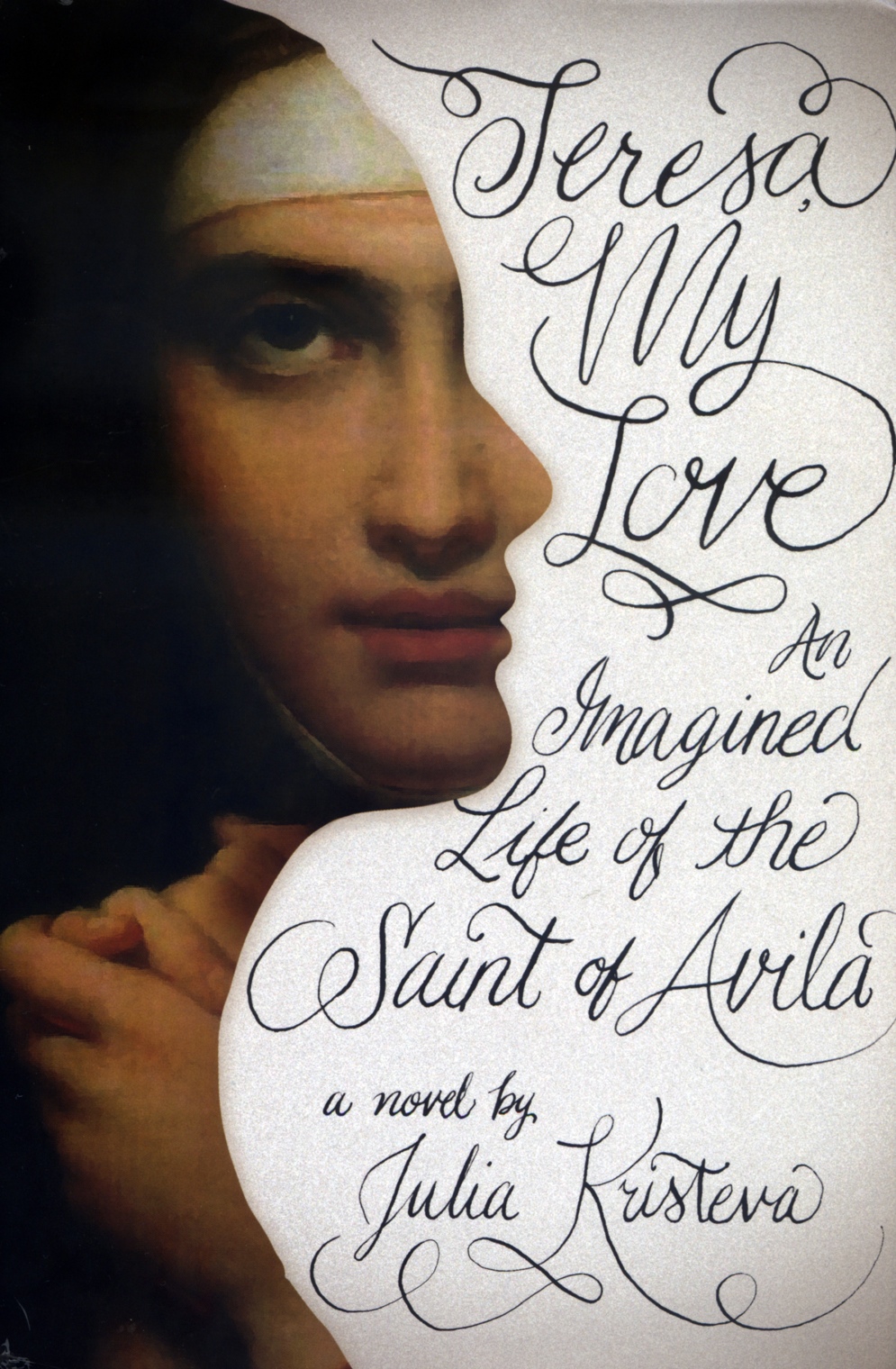 |
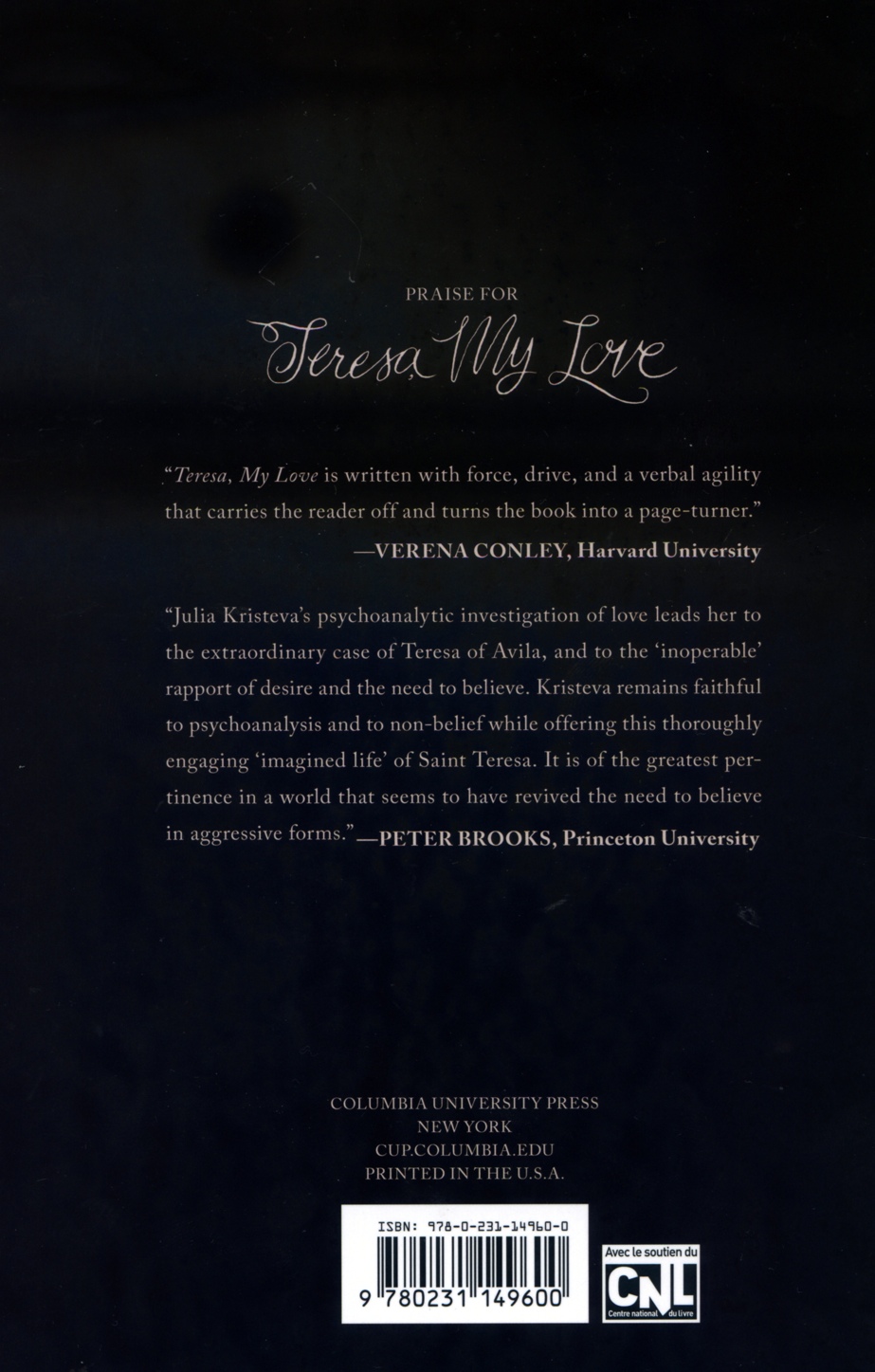 |
photo: S. Zhang
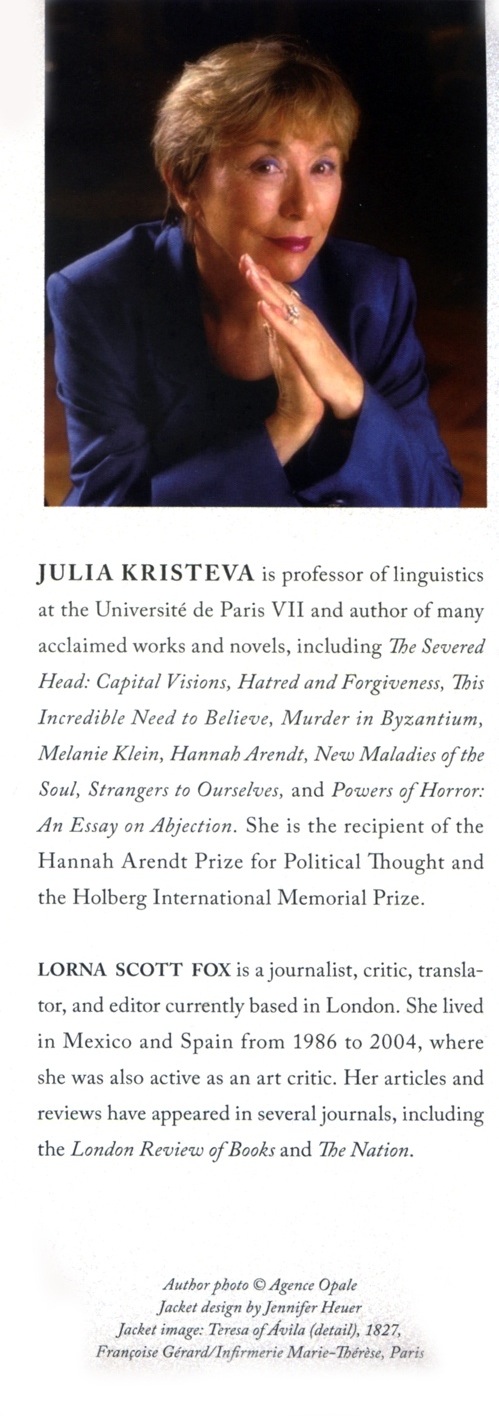

La Transfixion de Thérèse d'Avila par Bernini, à l'église Santa Maria della Vittoria, Rome
photo: M. Donzelli
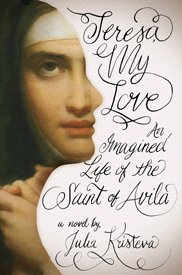
Teresa, My Love
Contents
Abbreviations and Chronology
Part 1: The Nothingness of All Things
1. Present by Default
2. Mystical Seduction
3. Dreaming, Music, Ocean
4. Homo Viator
Part 2: Understanding Through Fiction
5. Prayer, Writing, Politics
6. How to Write Sensible Experience, or, of Water as the Fiction of Touch
7. The Imaginary of an Unfindable Sense Curled Into a God Findable in Me
Part 3: The Wanderer
8. Everything So Constrained Me
9. Her Lovesickness
10. The Ideal Father and the Host
Part 4: Extreme Letters, Extremes of Being
11. Bombs and Ramparts
12. "Cristo como hombre"
13. Image, Vision, and Rapture
14. "The soul isn't in possession of its senses, but it rejoices"
15. A Clinical Lucidity
16. The Minx and the Sage
17. Better to Hide . . .?
18. ". . . Or 'to do what lies within my power' "?
19. From Hell to Foundation
Part 5: From Ecstasy to Action
20. The Great Tide
21. Saint Joseph, the Virgin Mary, and His Majesty
22. The Maternal Vocation
23. Constituting Time
24. Tutti a cavallo
Part 6: Foundation–Persecution
25. The Mystic and the Jester
26. A Father Is Beaten to Death
27. A Runaway Girl
28. "Give me trials, Lord; give me persecutions"
29. "With the ears of the soul"
Part 7: Dialogues from Beyond the Grave
30. Act I. Her Women
31. Act II. Her Eliseus
32. Act III: Her "Little Seneca"
33. Act IV. The Analyst's Farewell
Part 8: Postscript
34. Letter to Denis Diderot on the Infinitesimal Subversion of a Nun
Notes
Sources

